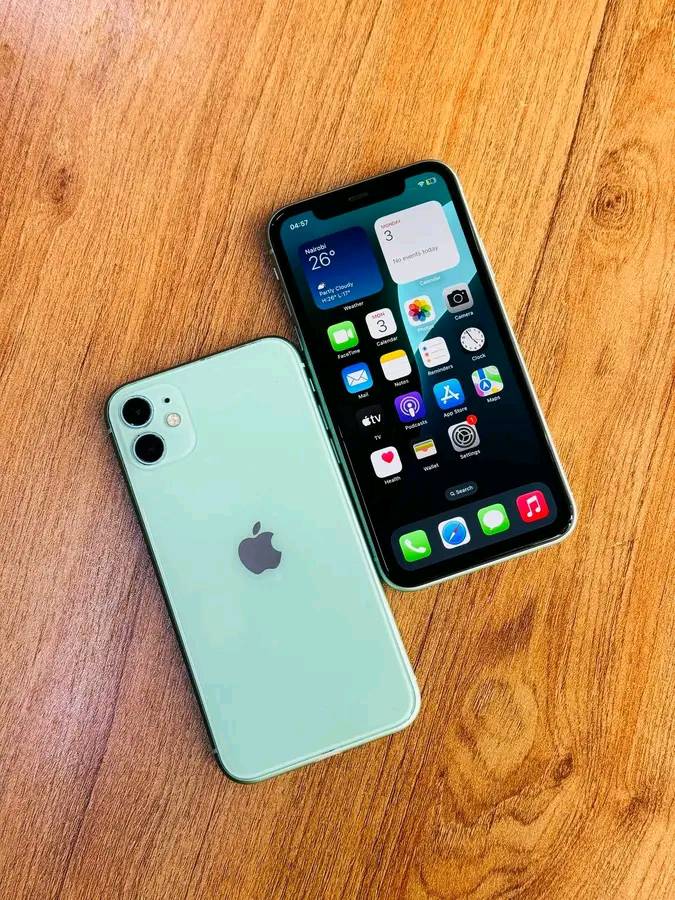Your cart is currently empty!

Can you lose weight using Noom?
Noom is a subscription based mobile app designed to help users track calories and exercise while getting expert guidance for sustainable weight loss. Modeled after the diabetes prevention program, Noom focuses on making behavior change to create long term success. Before starting the program, you set a weight loss goal and your daily calories are calculated based on your needs.
As you log your meals, foods are categorize into a color coded system as follows:
Green Foods – “Great choices” (low-calorie, nutrient-dense foods)
Yellow Foods – Moderate portion foods
Red Foods – Foods to limit
By combining behavioral psychology, expert coaching, and calorie tracking, Noom’s goal is to support you by making better, sustainable nutrition and activity choices.
Pros and cons of using Noom
Noom provides social support, a psychologically based approach to behavior, and meal and snack recipe availability. Having a support system can make weight loss feel less overwhelming. Noom provides access to health coaches to create a more supportive environment. Noom uses behavioral science, like problem-solving and motivation, to create long-lasting habits to help maintain weight loss. Lastly, who doesn’t love a good recipe? The app provides meal and snack recipes with pre-calculated calorie counts.
The Downsides of Noom
The first one is cost. There is a monthly membership that varies depending on the subscription length, making it pricier than free calorie tracking apps. Next is virtual coaching only. While some may enjoy the flexibility of online coaching, others may prefer in-person support for better accountability. How much time do you have? Logging every meal can feel pretty tedious, especially for extended periods. Not to mention the risk for documentation errors.
Does Noom work? The science behind it and who benefts most.
The research shows promising results for Noom users, especially for long-term weight loss. Noom has been scientifically shown to support weight loss in as little as three months, with lasting results up to a year in many cases. You would benefit most from Noom if your Body mass index (BMI) is greater than 25.0 (click here to find your BMI), looking for structured weight loss support, and thrive with coaching, social support, food tracking, and accountability. However, Noom may not be best fitted for you if you are an athlete, highly active person, or dislike calorie/food tracking.
Conclusion:
Noom offers a science-based, behavior focused approach to weight loss through calorie tracking, coaching, and habit forming. Its program and psychological support can be especially helpful for those whose BMI is over 25. Well it may not suit everyone, especially athletes or those who do not like to track calories, Noom provides valuable tools for creating a long term lifestyle change.
Have a specific question and want me to blog about it? Send me an email [email protected]
Want to get started on your weight loss journey? Click here!
References
Briggs, T., Quick, B., & Hallman, W. (2021). Feature availability comparison in free and paid versions of popular smartphone weight management applications. Journal of Nutrition Education and Behavior. 53(9), 732-741. https://doi.org/10.1016/j.jneb.2021.05.010
Hales, S., turner-McGrievy, G., Wilcox, S., Fahim, A., Davis, R., Huhns, M., & Valafar, H. (2016). Social networks for improving healthy weight loss behaviors for overweight and obese adults: A randomized clinical trial of the social pounds off digitally (Social POD) mobile app. International Journal of Medical Informatics. 94, 81-90. https://doi.org/10.1016/j.ijmedinf.2016.07.003.
Michaelides, A., Major, J., Pienkosz Jr, E., Wood, M., Kim, Y., Toro-Ramos, T. (2018). Usefulness of a novel mobile diabetes prevention program delivery platform with human coaching: 65-week observational follow-up. JMIR Mhealth Uhealth. 6(5), e93. https://doi.org/10.2196/mhealth.9161.
Toro-Ramos, T., Michaelides, A., Anton, M., Karim, Z., Kang-Oh, l., Argyrou, C., Loukaidou, E., Charitou, M., Sze, W., & Miller, J. (2020). Mobile delivery of the diabetes prevention program in people with prediabetes: randomized controlled trial. JMIR Mhealth Uhealth. 8(7). https://doi.org/10.2196/17842.
Michaelides, A., Raby, C, Wood, M, Farr, K., & Toro-Ramos, T. (2016). Weight loss efficacy of a novel mobile diabetes prevention program delivery platform with human coaching. BMJ Open Diabetes Research & Care. 4(1). https://doi.org/10.1136/bmjdrc-2016-000264
DeLuca, L., Toro-Ramos, T., Michaelides, A., Seng, E., & Swencionis, C. (2020). Relationship between age and weight loss in Noom: Quasi-experimental study. JMIR Diabetes. 5(2). https://doi.org/10.2196/18363
Lee, K., Kim, H., Lee, S., & Ha, H. (2019). Changes in weight and health-related behavior using smartphone applications in patients with colorectal polyps. Journal of Nutrition and Education Behavior. 51(5), 539-546. https://doi.org/10.1016/j.jneb.2019.02.002.
Pagoto, S., Schneider, K., Jojic, M., DeBiasse, M., & Mann, D. (2013). Evidence-based strategies in weight-loss mobile apps. American Journal of Preventative Medicine. 45(5), 576-582. https://doi.org/10.1016/j.amepre.2013.04.025.